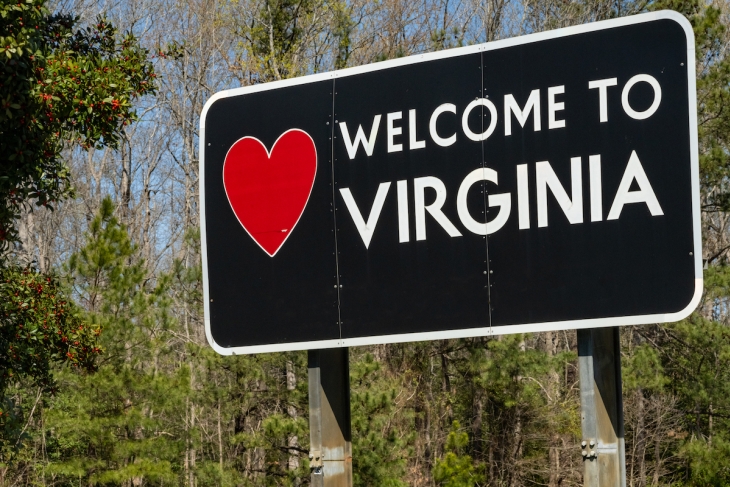Governor Glenn Youngkin is under fire again from Virginia’s education establishment, this time because a new school accountability system his administration is promoting refuses to put lipstick on a pig. More specifically, by measuring the effectiveness of the commonwealth’s schools according to whether students are meeting academic standards and learning enough from year to year, some preliminary forecasts estimate that the system is likely to find that 70% of campuses “need intensive support” or are “off track.” (The other, higher categories are “on track” and “distinguished.”)
This is not sitting well with the powers that be who run Virginia’s local school divisions. Scott Brabrand, executive director of the Virginia Association of School Superintendents (VASS), recently told the State Board of Education that he and his members don’t believe “the majority of our schools are in those two (lowest) categories.”
Which brings to mind the Richard Pryor line: “Who are you going to believe? Me or your lying eyes?” Is Brabrand right? Are Virginia officials being unfairly harsh?
Let’s consider, first and foremost, how many students in Virginia are “off track.” If most students are doing well, it would raise questions about labeling so many of their schools as “off track.”
According to the National Assessment of Educational Progress (NAEP, or “The Nation’s Report Card”), 31 percent of Virginia’s students scored at or above the “proficient” level in reading in 2022 (the most recently available data). The NAEP’s definition of “proficient” in reading is equivalent to “on track for college and career.” So we can confidently say that the majority of today’s high school juniors—the teens who took the eighth grade NAEP in 2022—are “off track.” In fact, 69 percent of them are “off track,” very close to the 70 percent of schools that may soon be classified as the same.
Or let’s look at math, the subject most affected by the long school closures of the Covid-19 era. According to NAEP, Virginia’s eighth graders’ average scores dropped 8 points from 2019 to 2022. By some estimates, that drop equates to approximately 80 percent of a school year. The result is that just 31 percent of students in the state (that number again!) are now proficient in math.
So yes, Virginia’s students are off track. And so are its schools.
Now let’s be clear: Virginia is no outlier. The pandemic was a disaster for students all over the country. But that doesn’t mean we should normalize what happened to our children. They suffered immensely from being out of school for so long, and while many of the scars from the pandemic have healed, we still have years of work ahead of us to do right by our kids.
Yet too many parents aren’t hearing that message, because schools and public officials are too eager to argue that everything’s OK. It reminds me of the parade scene in Animal House, with chaos coming from all sides, and Kevin Bacon’s character shouting, “Remain calm, remain calm, all is well!”
All is not well. Covid is not in the rearview mirror, at least as far as our children are concerned. Students suffered massive learning loss, and they are still moving backward in terms of student achievement. (One recent study found that kids made less progress last school year than their counterparts in 2019 did).
In the face of these realities, Virginia’s state superintendents believe that we shouldn’t worry because Virginia is ranked number one in the country for business, so how could its education system possibly be bad? That’s a dubious assertion for a rating that only counted education as 5 percent of the total—and is certainly at odds with The Nation’s Report Card. But it’s also beside the point. It’s like winning a race to jump off a sinking ship. You’re still going to find yourself floundering in the water.
Grade inflation is already a massive problem in our schools; kids are bringing home As and Bs on their report cards, even if they are one or two grade levels behind in reading and math. No doubt this is why so few parents in Virginia and elsewhere are aware of the post-Covid emergency in student achievement.
Let’s not make the problem worse by extending grade inflation to our school ratings. Let’s follow Governor Youngkin’s lead and tell parents the truth. Our kids are off track. Our schools are off track. Let’s stop saying otherwise and start figuring out how to fix it.
Editor’s note: This was first published by the Richmond Times-Dispatch.




